A poetic reflection on transits—woven into mystery, in the mystery.
"𝗧𝗵𝗶𝘀—𝘀𝗼𝗺𝗲 𝘀𝗮𝘆—𝗰𝗼𝗻𝗳𝗶𝗿𝗺𝘀 𝘁𝗵𝗲 𝗵𝘆𝗽𝗼𝘁𝗵𝗲𝘀𝗶𝘀 𝘁𝗵𝗮𝘁 𝗲𝗮𝗰𝗵 𝗺𝗮𝗻 𝗯𝗲𝗮𝗿𝘀 𝗶𝗻 𝗶𝘁𝘀 𝗺𝗶𝗻𝗱 𝗮 𝗰𝗶𝘁𝘆 𝗺𝗮𝗱𝗲 𝗼𝗻𝗹𝘆 𝗼𝗳 𝗱𝗶𝗳𝗳𝗲𝗿𝗲𝗻𝗰𝗲𝘀, 𝗮 𝗰𝗶𝘁𝘆 𝘄𝗶𝘁𝗵𝗼𝘂𝘁 𝗳𝗶𝗴𝘂𝗿𝗲𝘀 𝗮𝗻𝗱 𝘄𝗶𝘁𝗵𝗼𝘂𝘁 𝗳𝗼𝗿𝗺, 𝗮𝗻𝗱 𝘁𝗵𝗲 𝗶𝗻𝗱𝗶𝘃𝗶𝗱𝘂𝗮𝗹 𝗰𝗶𝘁𝗶𝗲𝘀 𝗳𝗶𝗹𝗹 𝗶𝘁 𝘂𝗽."
— 𝗜. 𝗖𝗮𝗹𝘃𝗶𝗻𝗼
The City of Chao and the Promise of Paper
In the far reaches of the Khan’s empire, beyond the steppe and the great rivers, lies the city of Chao. Here, wealth is not measured in silver ingots or gold coins, but in slips of paper, pressed with the seal of the Khan himself. To walk through the city’s markets is to hear the rustling of promises—paper exchanged for silk, for spice, for jade, for the notion that value is something that can be written, rather than weighed.
“In Chao,” Marco Polo tells the Khan, “a merchant can buy a caravan of horses with a single slip. A spice trader, burdened with nothing but a scroll of inked characters, may cross the desert and return richer than before. The city thrives not on metal, but on belief.”
The Khan listens, tapping his fingers on the lacquered armrest of his throne. “And what happens,” he asks, “when the belief fades?”
“Then,” Marco replies, “the city finds itself full of paper and empty of trust. At first, the officials assured the people that each note could be redeemed for gold, for silk, for silver stacked high in the imperial vaults. But the scribes began to write more notes than there were vaults to hold them, and the markets filled with wealth that existed only in the ink of a promise. The more paper they printed, the less it was worth. The merchants of Samarkand, who once accepted Chao’s notes in good faith, began to demand metal again. The goldsmiths, who had once exchanged their bullion for the Khan’s slips, turned them away. The citizens, who had once bought their rice and fish with the mere signing of their names, found that their hands held nothing but weightless words.”
The Khan watches the candlelight flicker against the polished wood of the table. “And the city?”
“The city, Majesty, learned too late that the power of paper is only as strong as the trust behind it. When the illusion broke, the markets emptied. The people of Chao returned to barter—silk for grain, salt for iron, labor for protection. They set fire to the archives that had once promised them prosperity, and with them, the belief that wealth could be conjured with a brushstroke.”
The Khan exhales through his nose. “This has happened before.”
“And it will happen again.”
Zirma, the City of Mirrors
There is another city, Majesty, where illusion is not only traded but reflected infinitely: Zirma, the City of Mirrors.
“Tell me of Zirma,” the Khan commands, his curiosity piqued.
Marco bows his head slightly. “Zirma is built on reflections. Its streets are lined with mirrors that do not show what is, but what was, or what could be. The merchants there do not trade in goods, but in shadows of goods. A man may enter the market with an empty purse and leave believing himself richer than before. His pockets jingle with coins, but only in the reflection of a shop window. His wealth exists only in the gleam of the polished silver counters, in the nods of passing traders who accept his worth not for what he holds, but for what he appears to be.”
“And what happens when he reaches the city gates, where there are no mirrors to confirm his fortune?”
“Then he finds his hands empty.”
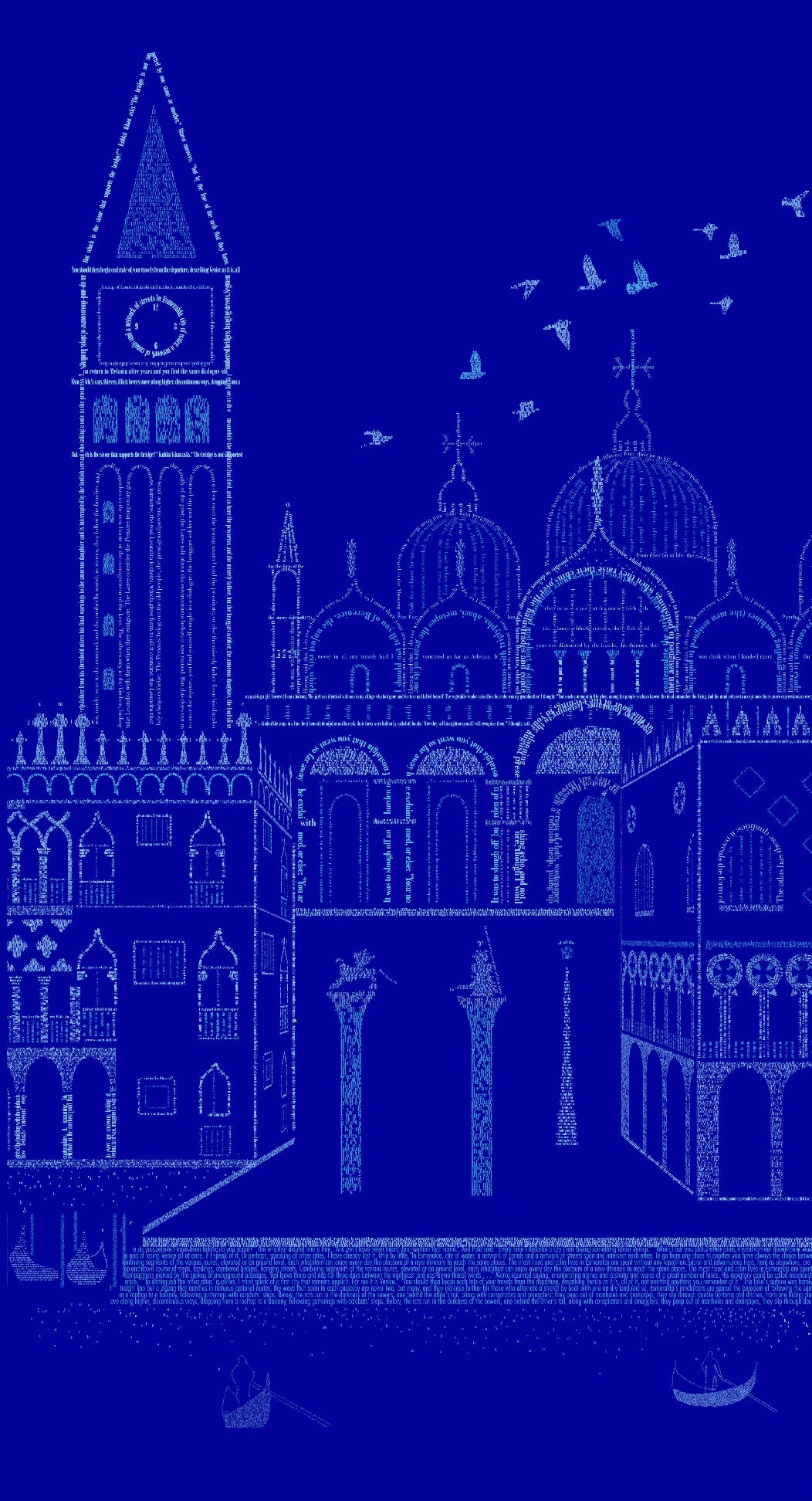
Ilithra, the City of Unwritten Light
“Majesty,” Marco Polo continues, “there is yet another city you have not seen, though its presence lingers in the air like the scent of ink drying on parchment. Ilithra is unlike Chao or Zirma. Here, the streets hum with the rhythm of artisans, their hands moving in time with unseen melodies. Gold does not dictate their worth, nor does the reflection of wealth in another’s eyes. Instead, value arises from the act of creation itself.”
The Khan raises an eyebrow. “A city where wealth is neither held nor mirrored? What, then, do its people trade?”
“They trade in breath and form. A sculptor carves a figure from alabaster, not to sell but to see the shape that emerges. A poet speaks a verse into the wind, and it is carried to another who needs its sound. Their wealth is not stored, for the act of creation is both its beginning and its end. It is in this cycle that they thrive—knowing that to bring spirit into matter is the highest exchange.”
The Khan considers this. “But does not the absence of possession invite ruin? How does the city endure?”
“Ilithra endures because its people know that what they create is never lost. A song, once sung, enters the ears of a thousand travelers. A painting, once seen, imprints itself on the memory of those who gaze upon it. Their wealth does not require vaults to hold it; it moves through the bodies of those who receive it, carried forward by time itself.”
The candle flickers. The Khan is silent.
Perhaps there is another city Marco Polo has yet to describe is one where no emperor controls the currency, where value arises from human action, not decree. But that is a tale for another night. Satoshira, the City Without a King.
But Now, Let Me Ask You This…
Is this the world as Marco Polo saw it in the 1290s? A world slipping into monetary illusion, where an empire prints more paper than it has gold, believing itself invincible until its merchants turn away and demand silver instead?
Or is this Italo Calvino’s world, where cities exist in the mind, their streets woven from ideas, their markets trading in philosophy rather than silk? Where Kublai Khan listens, not to a Venetian merchant, but to the whisper of history repeating itself?
Or—
Is this me, Monika, making things up?
Am I weaving this tale because the yuan of 1294 and the fiat currencies of 2025 share the same fate? Because paper money, once an innovation, has always fallen victim to the rulers who overuse it? Because every Chao, every Zirma, every empire that believes it can outrun reality eventually meets the same reckoning?
And if I am, does it make the lesson any less true?
What is real, and what is illusion?
The city of mirrors is collapsing again. The reflections are breaking. Will the merchants of this era recognize it before the gates close? Or will they, like the citizens of Zirma, continue trading in shadows until morning comes and the wealth they held at sunset vanishes with the mist?
Lately, I have found myself lingering at the threshold of Ilithra. The astrological transits pull at my second house, whispering that value is not in accumulation but in expression. My art, my words, my presence in the world are not dictated by external validation, but by the intrinsic act of bringing them forth. That is my realignment.
A Note on Invisible Cities
Italo Calvino has always inspired me, weaving playfulness and depth into his writing, his whimsical texts holding both lightness and inevitability. Invisible Cities has long resonated with me, so much so that between 2009 and 2012, I created Landscape of Belief, threading his words into the skylines of seven cities: New York, Shanghai, Paris, London, Brasilia, Istanbul, and Venice.
Projected onto two layers of transparent glass, dissolving behind a two-way mirror, the text-formed skylines appeared and disappeared, visible yet unreadable. It was a magical experience, a reflection of the impermanence of belief, of how meaning shifts with perspective.
At 45, I stood at a threshold, asking myself:
‘Is destiny something I create, or something I inherit?’
And here we are now, at another threshold. Can we make the best of the circumstances in this world? Are we doomed, or can we use creativity and imagination to move forward into a better state of being?
This is my message for now.
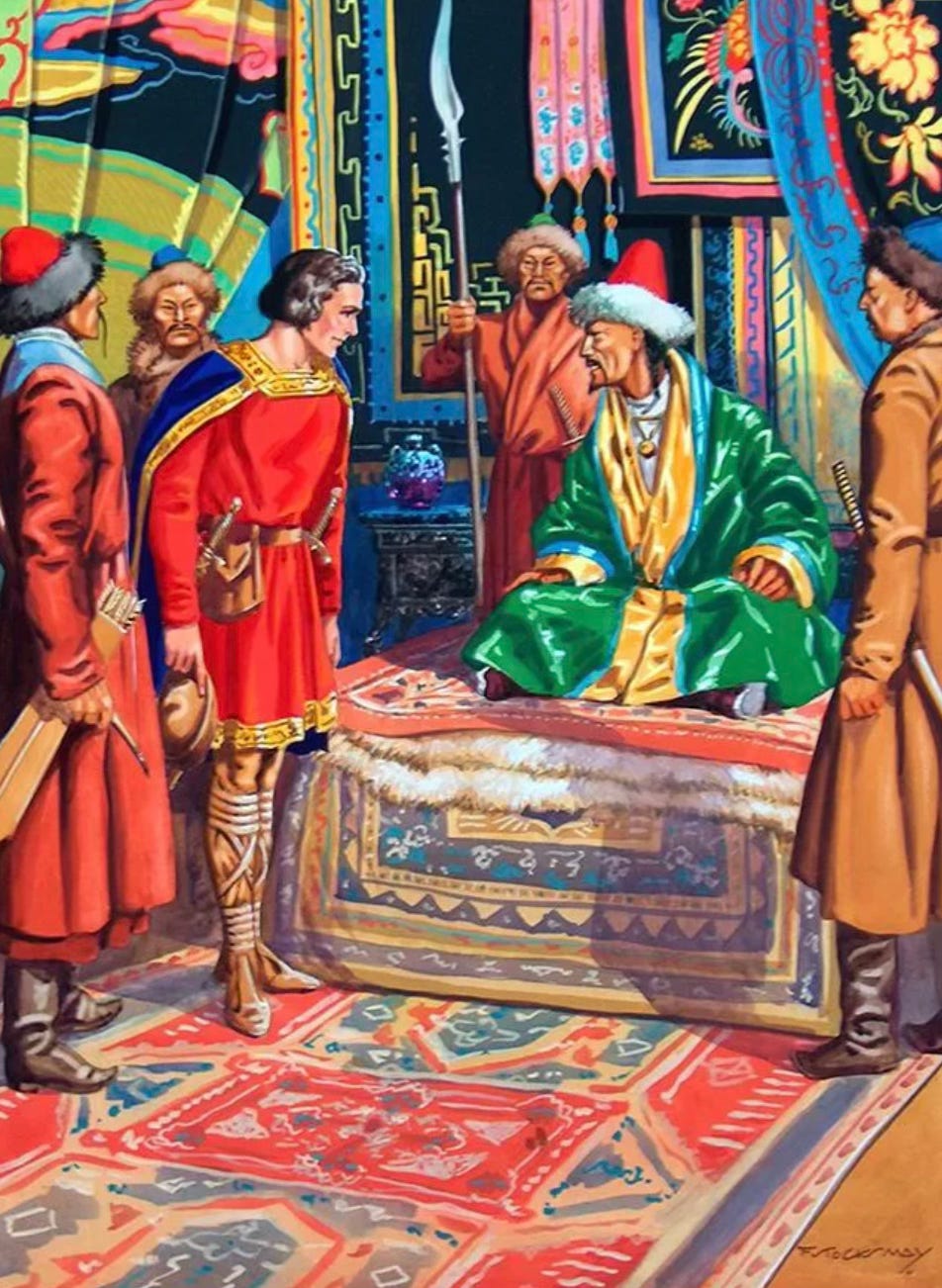
The inferno of the living is not something that will be; if there is one, it is what is already here, the inferno we live in every day, that we form by being together. There are two ways to escape suffering it. The first is easy for many: accept the inferno and become such a part of it that you can no longer see it. The second is risky and demands constant vigilance and learning: seek and recognize who and what, in the midst of the inferno, are not inferno, then make them endure, give them space.
-Italo Calvino, Invisible Cities
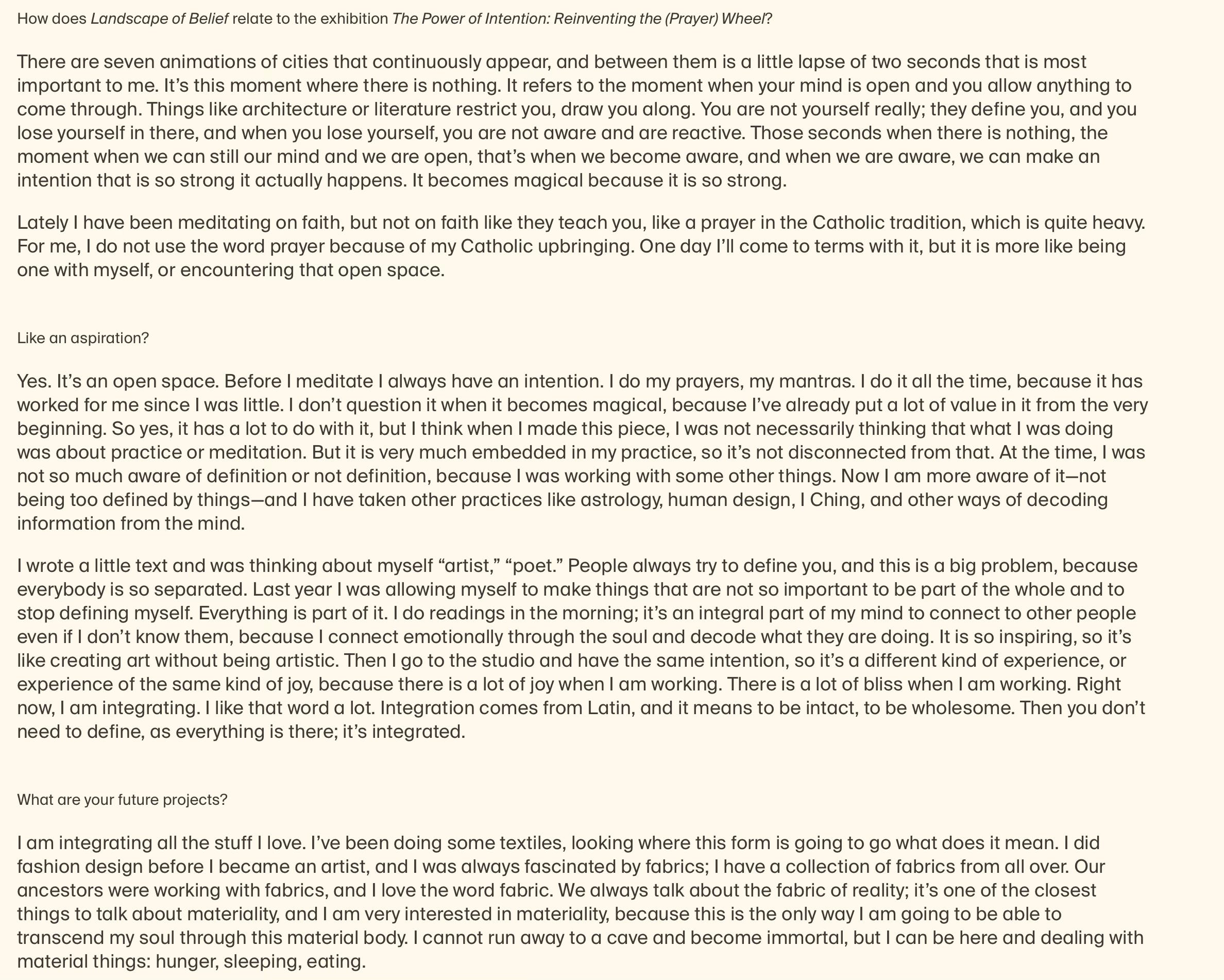
The Art of Observing the Observer
Consciousness is not a singular experience but a multidimensional interplay of time, space, vibration, and perception. Federico Faggin proposes that consciousness is fundamental—not emergent from the brain but the very fabric of reality—raising questions about the role of emotions, individuation, and the observer's influence on reality.
My book, The Nature of My Reality, explores these ideas through empirical practice, blending evolutionary astrology, Jungian individuation, Taoist and Buddhist thought, and vibrational harmonics, revealing how our emotional body shapes perception. Rather than laying out a fixed thesis, I invite you to explore these perspectives firsthand—whether through Faggin’s work on fundamental consciousness or by delving into my book, where I document my own lived experience navigating the unfolding of awareness.
Footnote on Transits:
• New Moon at 9° Pisces—a threshold where illusions dissolve and unseen forces whisper new beginnings- Feb 27.
• Mars stationing direct in Cancer—the undercurrents shift, the tides turn, action stirs in the roots of emotional memory. Feb 23.
• Venus retrograde from Aries back to Pisces—desire retraces its steps, unearthing what was left unsaid, unfelt, unseen check what was happening same time 2017, 2009, 2001,1993. These are cycles that repeat while your awareness expands. March 1st- April 12
• Upcoming eclipses along the Pisces-Virgo axis—the material and the mystical collide, unraveling the veil between tangible and intangible truth, surrender while discerning what? Time? Resources? Ideals?. March 14, March 29.
Book a readings, get a subscription, buy book, join a study group, leave a comment, share this. BE WELL
LAST FREE ARTICLE THIS MONTH, AS I WILL BE SCALING DOWN MY SHARING PURPOSEFULLY…


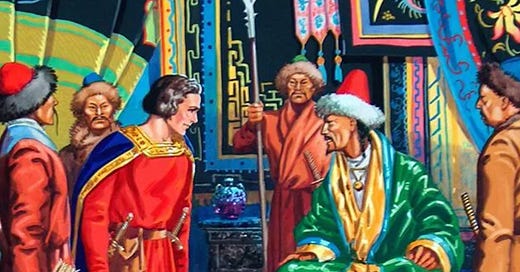
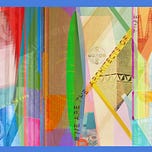



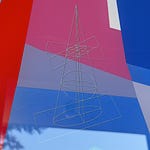
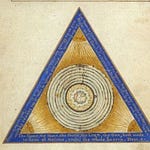
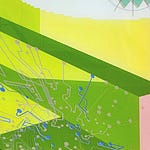

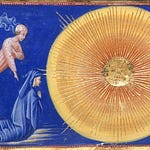
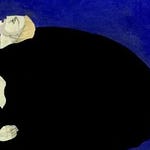
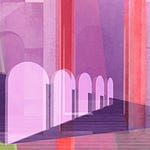
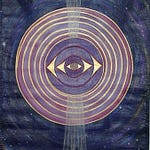
Share this post